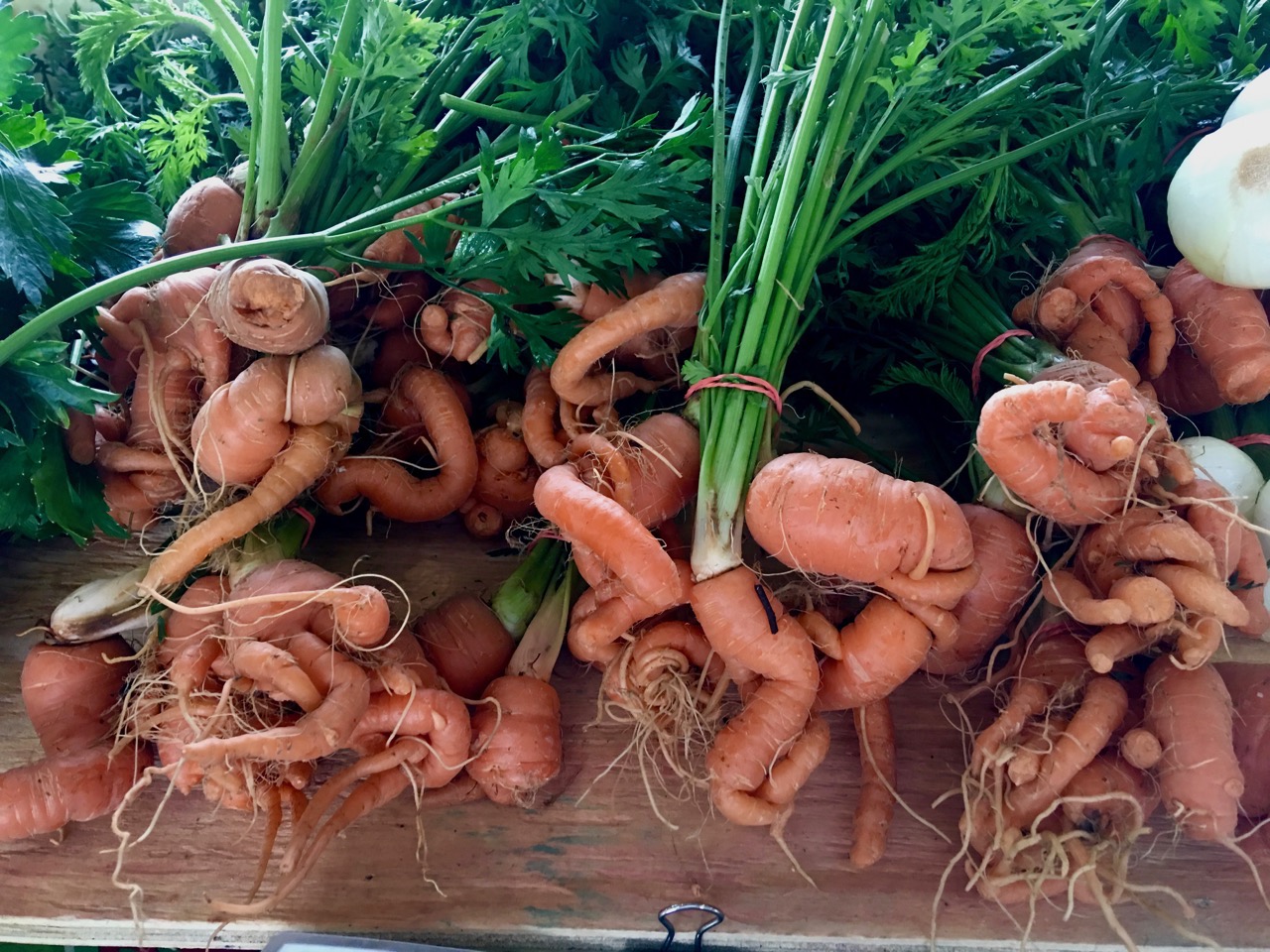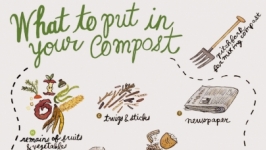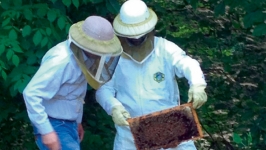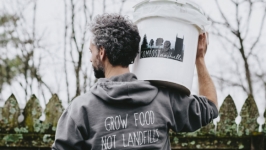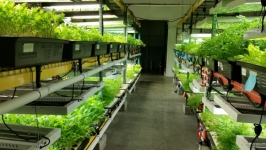10 Ways to Save the Earth by Reducing Food Waste
40% OF THE FOOD PRODUCED IN THE UNITED STATES GOES UNCONSUMED WHILE 1 IN 8 PEOPLE STRUGGLE WITH HUNGER
Help protect the Earth by reducing your food waste with 10 practical steps you can implement daily.
- Plan ahead. Make a meal plan for the week and use it to create your shopping list. That way you’ll buy what you need and help head off waste before it happens. (Healthy Bowls to Plan Ahead)
- Take stock. Shop in your refrigerator and pantry first. Know what you already have before purchasing more – a strategy that will save you money AND reduce waste. (Pasta Frittata for your leftovers)
- Be realistic. For staples like condiments, juices and snacks, include realistic quantities on your list, so you don’t overstock and run the risk of them going bad before eaten.
- Mind the dates. Be sure to eat foods with the earlies expiration date first.
- Get creative. Vegetables and fruits that are beginning to wilt may still work perfectly for soups, stocks, smoothies and casserole dishes. (Blueberry Smoothie Bowl for Fruit)
- Store Properly. This means keeping bananas, apples, and tomatoes separate, washing berries and grapes just before you eat them to prevent mold, and keeping fruit and vegetables in different refrigerator drawers.
- Freeze freely. Make your freezer your ally. Consider bagging and freezing extra fruits and veggies, especially during peak seasons. Bread and baked goods freeze well and can be portioned directly out of the freezer to minimize waste. Preserving and canning is another way to stretch your food dollars and reduce waste. (Blackberry Jam to keep fruit)
- Cook, then freeze. Prepare and cook your fresh items before freezing, then thaw them as needed for quick meal prep throughout the month.
- Think serving-size. Cut up fruit and vegetables into individual portions to make them more convenient to eat and less likely to go to waste. (Tuscan Pasta for two)
- Compost! You can compost everything from uncooked vegetable scraps to fruit peelings, teabags, coffee grounds, eggshells and even small amounts of paper and soft cardboard, and use it to feed your garden.
Provided by Lisa Zwack, Kroger's Head of Sustainability.
The Nashville Kroger division operates 92 stores and pharmacies along with 83 fuel centers in Middle and East Tennessee, Southern Kentucky, and North Alabama. The company is dedicated to making a difference in the communities it serves by supporting hunger relief through its #ZeroHungerZeroWaste plan, women’s health, our troops and their families, and local schools and grassroots organization. For more information, visit www.kroger.com


